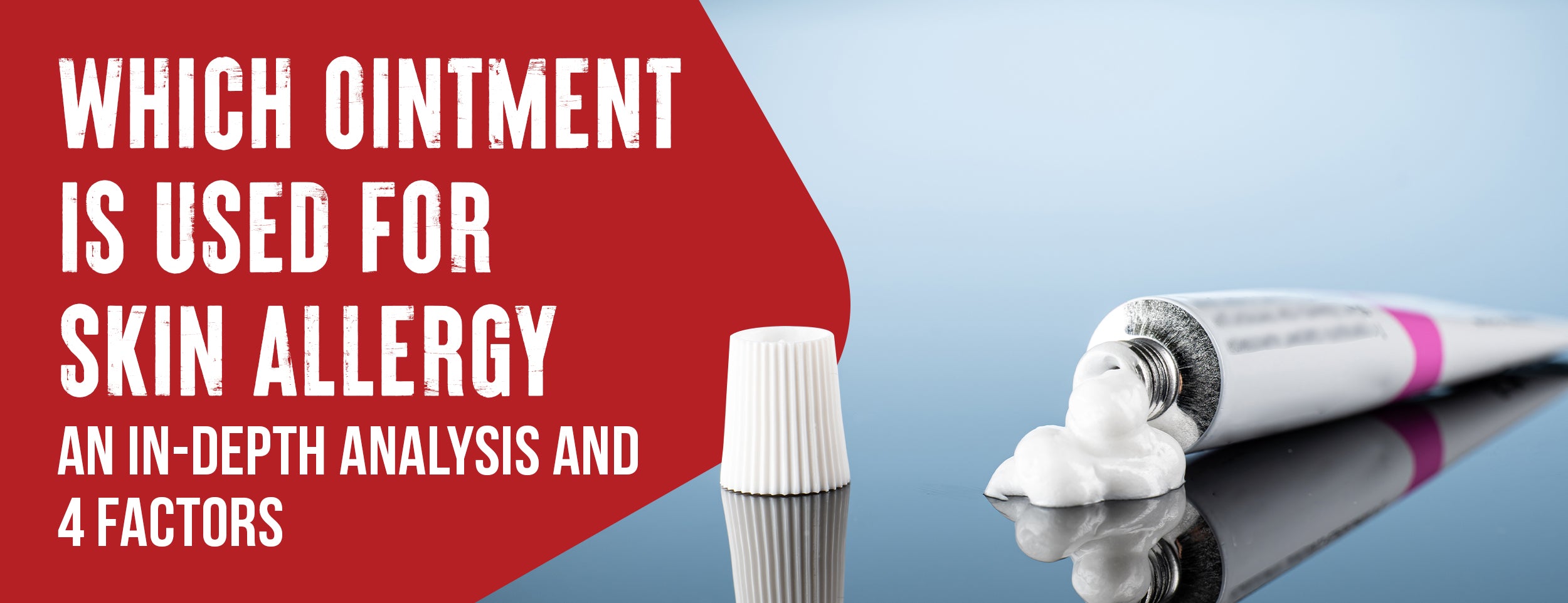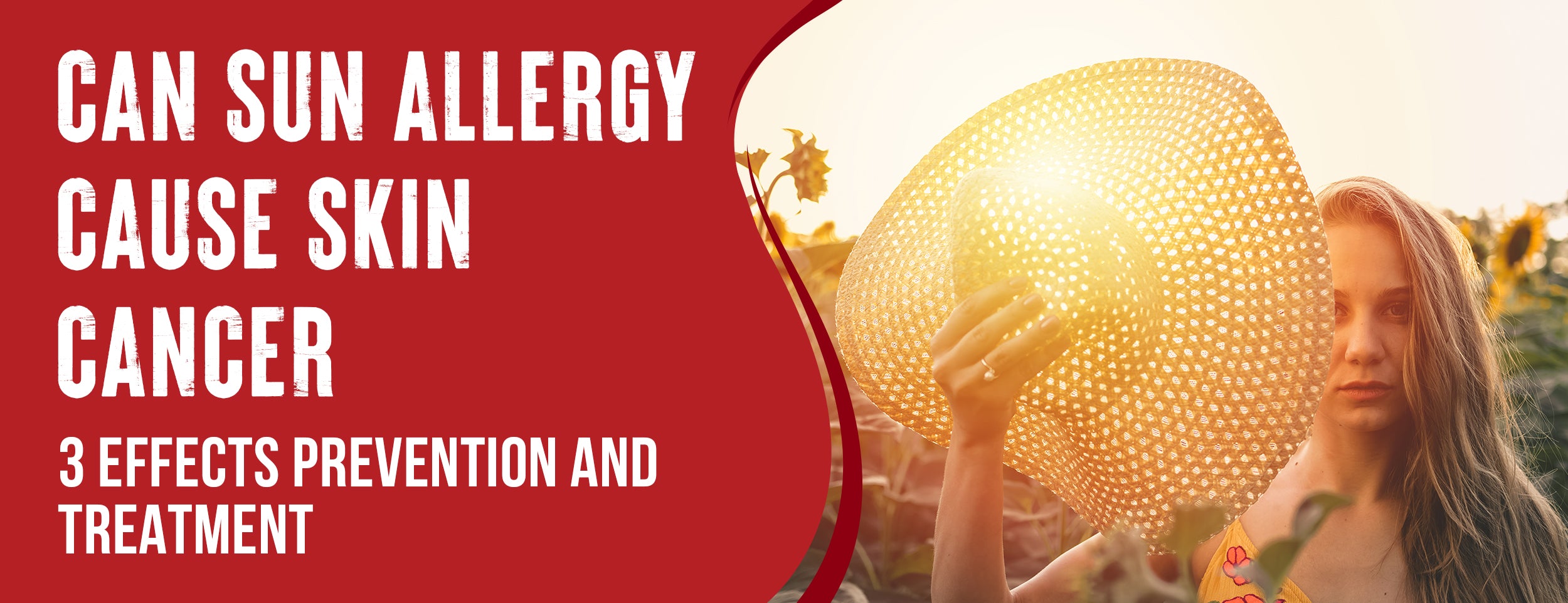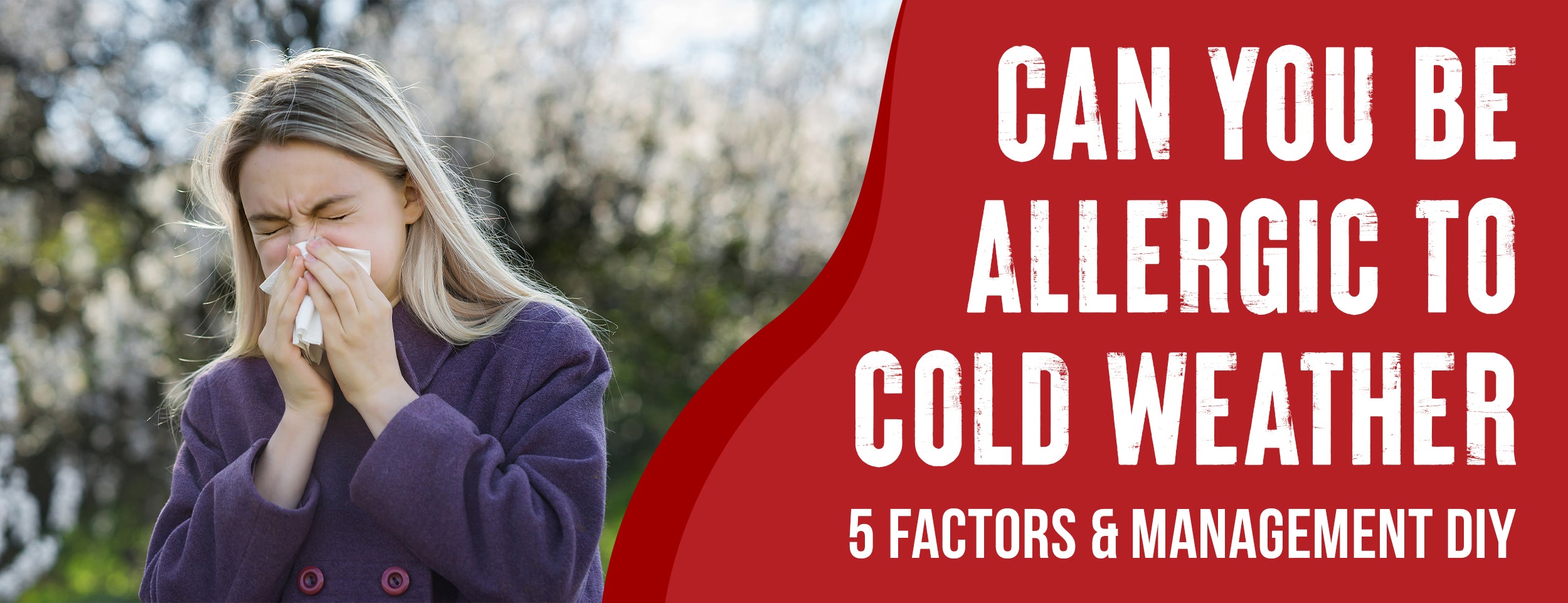Menopause marks a transformative phase in a woman's life, ushering in many changes. During this time, a woman's skin becomes more fragile, elevating the risk of rashes, particularly for individuals grappling with skin conditions such as eczema or rosacea.
While menopause doesn't directly trigger skin allergies, the hormonal changes can amplify skin sensitivity. Diminished estrogen levels might cause itchiness or heightened skin sensitivity.
In this article, we will explore the effects of skin allergies on menopause, the type of screen allergy associated with menopause, and treatment strategies for skin allergies during menopause.
Can Menopause Cause Skin Allergies: 4 Causes
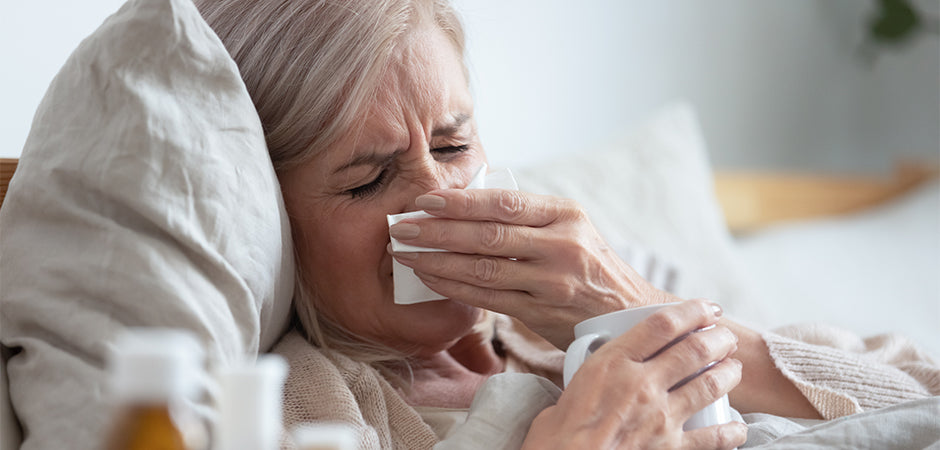
The intricate hormonal changes that accompany menopause and skin allergies. Research findings about menopause and skin health, including dryness, sensitivity, and texture changes, will be discussed. Skin well-being can be improved by understanding these connections and implementing tailored skincare routines.
Hormonal Shifts During Menopause
Menopause marks a significant change in a woman's life. It's the time when the menstrual cycle stops, typically around the age of 50. Several hormonal changes characterize this period of transition:
- Decline in Estrogen: During menopause, estrogen levels, a critical female hormone, drop significantly. This hormone has a direct impact on the skin's health and appearance.
- Progesterone Levels Also Dip: Along with estrogen, progesterone levels also decrease. This hormone plays a role in skin elasticity and firmness.
- Fluctuations in Other Hormones: Other hormones, such as testosterone, can also fluctuate during menopause, potentially affecting skin health.
Common Skin Conditions That Occur During Menopause
With these hormonal changes, various skin conditions might surface or worsen. Here are some common ones:
- Dryness: Reduced estrogen can lead to drier skin and more susceptibility to irritation and allergic reactions.
- Changes in Skin Moisture Levels: The decreased production of natural oils can make skin drier and more prone to irritation
- Itching: Changes in skin moisture levels can cause itching.
- Increased Wrinkling: Lower estrogen and progesterone levels can lead to skin elasticity loss, resulting in more wrinkles.
- Acne: Fluctuations in hormonal levels can trigger acne even in adulthood.

How Menopause Influences Skin Health
The hormonal shifts that occur during menopause don't just trigger specific skin conditions; they can also affect overall skin health:
- Reduced Collagen Production: Estrogen helps stimulate collagen production. When its levels decline, so does the rate of collagen production, leading to thinner and less elastic skin.
- Increased Sensitivity: Some women may find their skin more sensitive during menopause. Decreased estrogen levels can make skin thinner and more delicate, possibly leading to reactions to previously well-tolerated products.
Research Says About Menopause and Skin Allergies
Several studies have explored the link between menopause and skin allergies. Here's what some of them reveal:
- Increased Allergy Risk: Some research suggests that the risk of developing allergies, including skin allergies, may increase after menopause.
- According to Dr. Dweck, changes in estrogen, which occurs during menopause, may worsen allergy symptoms, such as itchy eyes and a runny nose. The immune-regulating cells of the body have estrogen receptors.
Skin Allergies During Menopause: Understanding the 4 Types
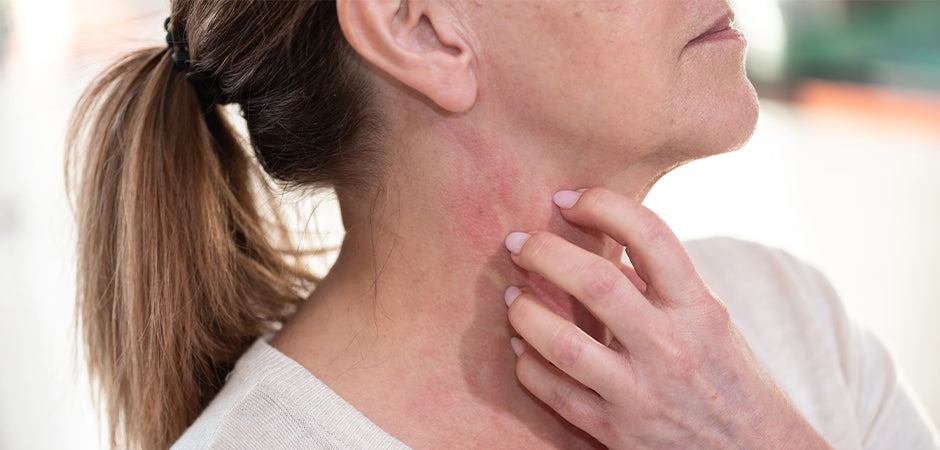
A woman's body can undergo various changes during menopause, including the skin. Some women may experience an increase in skin allergies during this time. Let's delve into the skin allergies that are commonly associated with menopause.
Eczema and Menopause
Often referred to as eczema or dermatitis, eczema is characterized by itching, redness, and dryness. Flare-ups can be triggered by allergens or stress. Management involves skincare, moisturizers, and medications to ease discomfort. Linked to an overactive immune system.
- Symptoms: Eczema can lead to dry, itchy, and scaly skin. It can also cause a rash on various parts of the body.
- Connection with Menopause: The hormonal changes during menopause can make the skin drier, which may worsen eczema symptoms.
Psoriasis and Menopause
Psoriasis is another type of skin allergy that can be affected by menopause. It's a chronic disease that speeds up the life cycle of skin cells.
- Symptoms: Psoriasis causes red patches of skin covered with thick, silvery scales. It can also cause itching and burning.
- Connection with Menopause: Just like eczema, the skin dryness caused by menopause can also worsen psoriasis.
- Management: Topical treatments, light therapy, and medications can help control psoriasis symptoms.

Hives (Urticaria) and Menopause
Hives, also known as urticaria, are red, itchy welts that can appear on the skin because of an allergic reaction.
- Symptoms: Hives can cause itchy bumps, which vary in size and location.
- Connection with Menopause: Stress can trigger hives, and menopausal hormones increase stress levels, leading to outbreaks.
Rosacea and Menopause
Rosacea manifests as facial redness and prominent blood vessels, often accompanied by small, red, pus-filled bumps.
- Symptoms: Rosacea often causes facial redness, swollen red bumps, and swollen, irritated eyes.
- Connection with Menopause: Fluctuating hormones during menopause can trigger rosacea flare-ups.
Menopause and Skin Allergies: Treatment Strategies

For managing skin allergies during menopause, a two-pronged approach encompassing medical treatments and lifestyle changes can be highly beneficial.
Medical Treatments and Therapies for Skin Allergies
Medical treatments can help manage and reduce the symptoms of skin allergies during menopause. Here's what you might consider:
- Topical Creams and Ointments: Over-the-counter creams and ointments containing corticosteroids may help reduce inflammation and itching.
- Antihistamines: These medications can help ease allergic reactions, relieving itching and hives.
- Hormone Replacement Therapy (HRT): HRT can help balance hormone levels, potentially reducing skin dryness and sensitivity. However, discussing the benefits and risks with your healthcare provider before starting HRT is crucial.
- Immunotherapy: Immunotherapy (allergy shots) could be an option for severe allergies. This treatment involves regular injections of a small amount of the allergen, helping your immune system to become less sensitive.

Lifestyle Changes and Natural Remedies
Besides medical treatments, specific lifestyle changes and natural remedies can also be beneficial:
- Hydrate Your Skin: Regularly moisturizing your skin can help prevent dryness and irritation. Look for moisturizers specifically designed for sensitive skin.
- Stay Hydrated: Drinking ample water keeps your skin moisturized and healthy from within.
- Avoid Triggers: If you know certain substances or environments trigger your skin allergies, try to avoid them as much as possible.
- Using Gentle Skin Care Products: Avoid harsh skin care products that irritate the skin. Opt for gentle, fragrance-free products instead.
- Try Natural Remedies: Some natural remedies soothe irritated skin effectively. Aloe vera's cooling properties reduce inflammation. Chamomile calms skin irritation gently. Oatmeal soothes and moisturizes skin, relieving various conditions. Using these remedies in your skincare routine eases discomfort and promotes healthier skin.
Conclusion
Women experiencing menopause may notice increased skin allergies, but with the proper knowledge and tools, it doesn't have to feel overwhelming.
Embrace each line, spot, and rash as a part of your unique journey through womanhood. Prioritize your skin's care, make lifestyle adjustments, and ensure regular consultations with your healthcare provider.
Your skin reflects your overall health. While navigating menopause presents challenges, let's transform this journey into a path of self-love, acceptance, and graceful aging.

![How menopause can cause skin allergies: 4 effects and 4 types [with 9 treatment strategies]](http://drnumb.com/cdn/shop/articles/Can_Menopause_Cause_Skin_Allergies__4_Causes_Explained_in_Steps.jpg?v=1714622981&width=1100)

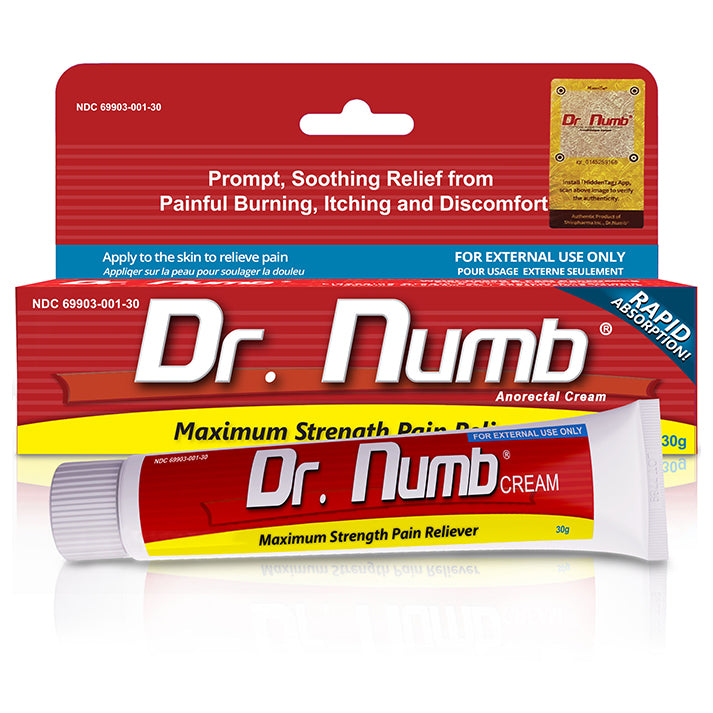


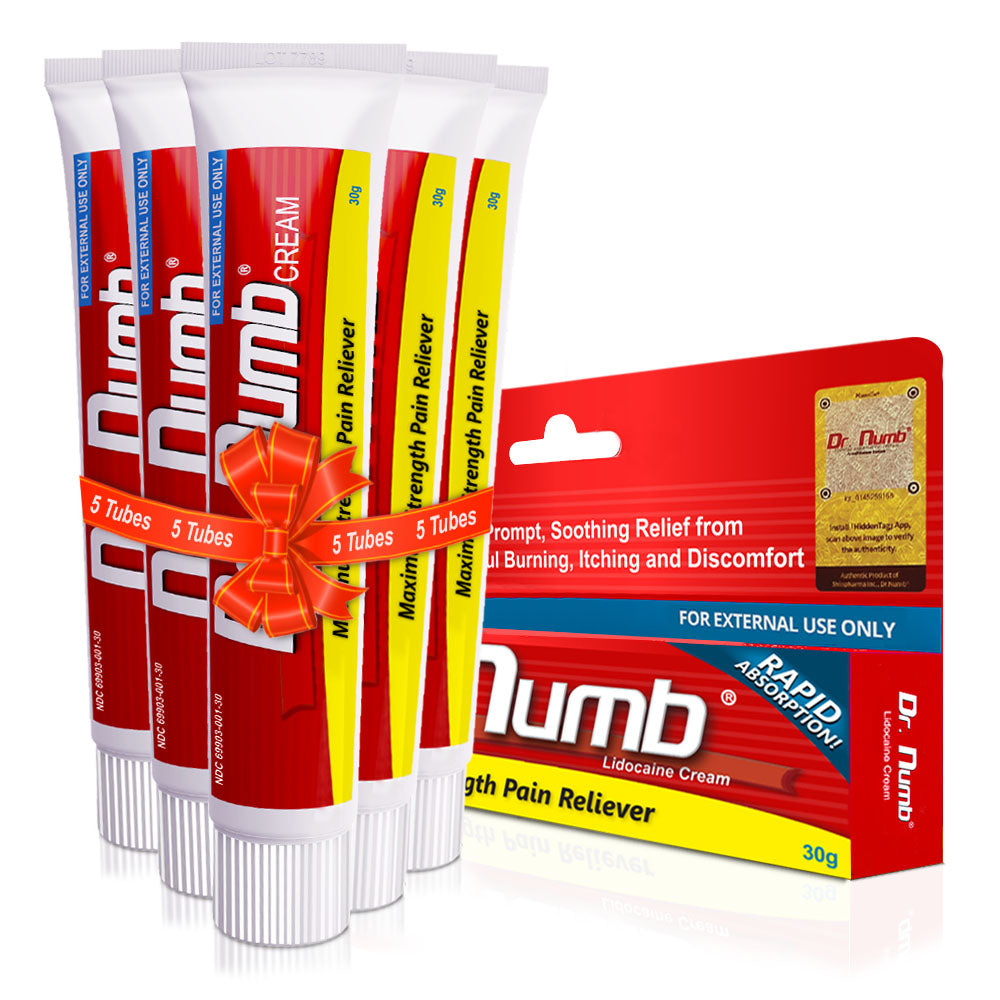


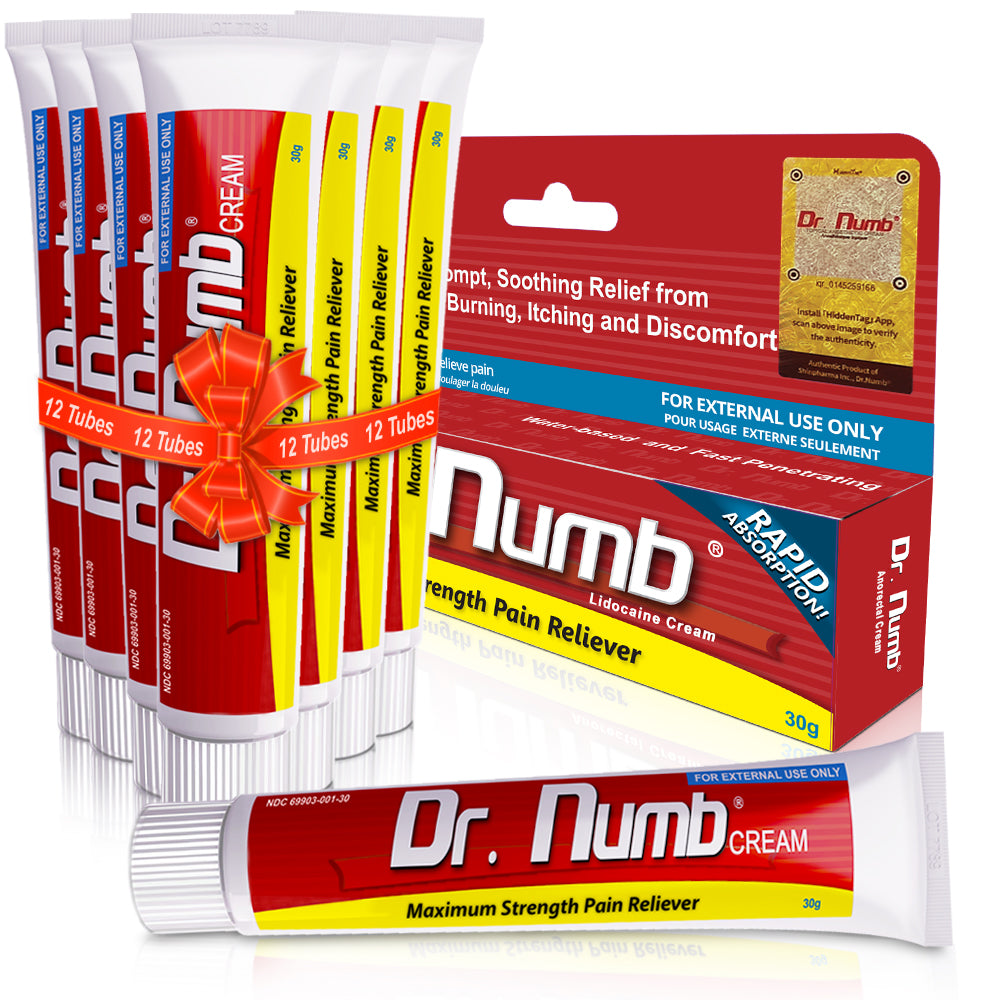





![The Most Common Food Allergies That Cause Itchy Skin [6 Common Symptoms]](http://drnumb.com/cdn/shop/articles/Can_Food_Allergies_Cause_Itchy_Skin__17_Listed_6_Symptoms_Common.jpg?v=1714999986)
